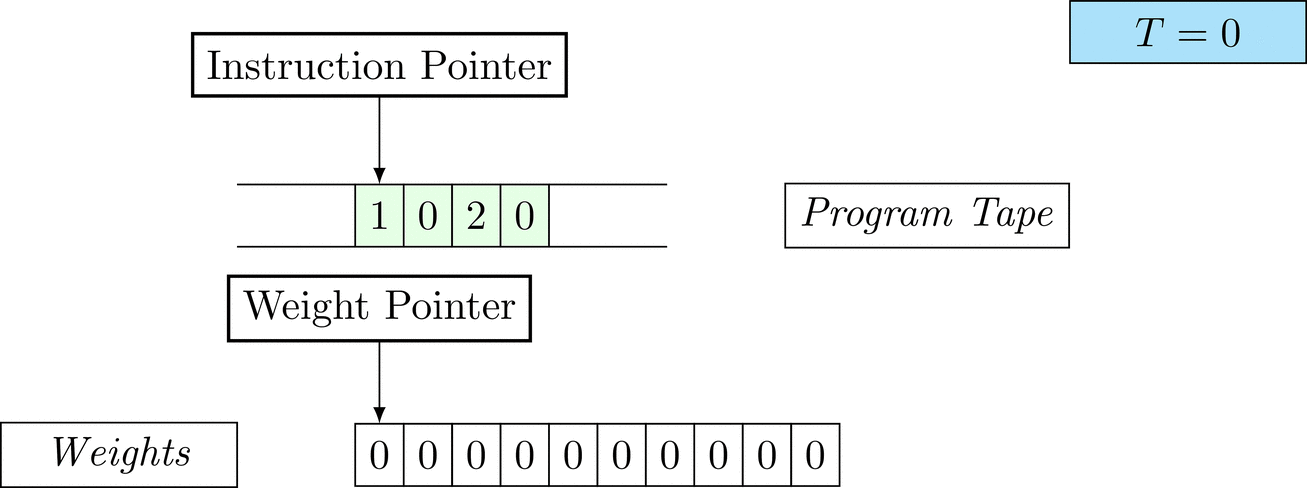-
popmon: code breakfast session
Good morning, and welcome to the code breakfast session. This notebook will guide you through ⭐ popmon, an open-source tool built by colleagues at ING that helps monitor population stability of your data.
You will see that popmon is also useful for quickly exploring new datasets with a time component. Moreover, you will learn the ins and outs of motivations and how the package is built up.
You can move through the notebook at your own pace. If you feel the pace is to high or you have would like to explore another dataset or feature of popmon, go ahead! Additional tutorials are available here. To keep things interesting, there is a mix of minimal math, code and explanations. Feel free to skip parts. The notebook starts with a chunk of theory, after which you will work on an exercise (choice out of two). The exercises start at section 5 and 6 of the notebook. You can find FAQ and Resources at the end of the notebook.
Let’s get started to learn, and wishing you the most of fun while doing so!
-
Searching for Neural Networks with Low Kolmogorov Complexity
This will be a two-part blog series, where the first part reproduces the experiments of the paper “Discovering neural nets with low Kolmogorov complexity” and the second part expands on the results of the paper.

In this part, we spotlight the paper and give an introduction to algorithmic complexity theory. The code used to reproduce the paper is available on GitHub. This blog post was produced in collaboration with Jelle Piepenbrock, whose blog can be found here. Both blogs contain the same version of this post.
-
How to organize online Promotional Gambling: An analytical guide
In this blog post, we are going to design a promotional game in which participants can win prizes in a campaign to promote a fictional company. We’ll see that this can be a worthwhile mental exercise. Note that most (flawed) approaches were actual promotional games we observed. Other approaches come from actual discussions I’ve had while writing this post.
-
Should I report validation set scores?
If you work in machine learning you probably know the best practices of using a validation set (also known as development set) in addition to your test set. If your memory needs to be refreshed, you can read the wikipedia article. There are also many valuable resources online.
-
Let's talk references
This post contains some pointers to common errors to pay attention to when finalizing your paper’s references.